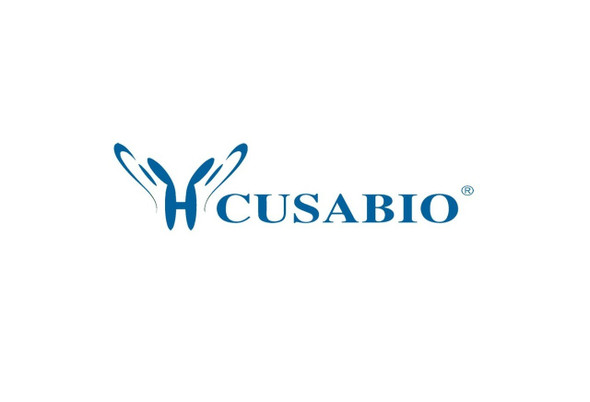Cusabio Polyclonal Antibodies
Ctcfl Antibody | CSB-PA006139LA01MO
- SKU:
- CSB-PA006139LA01MO
- Availability:
- 3 to 7 Working Days
Description
Ctcfl Antibody | CSB-PA006139LA01MO | Cusabio
Ctcfl Antibody is Available at Gentaur Genprice with the fastest delivery.
Online Order Payment is possible or send quotation to info@gentaur.com.
Product Type: Polyclonal Antibody
Target Names: Ctcfl
Aliases: Transcriptional repressor CTCFL (Brother of the regulator of imprinted sites) (CCCTC-binding factor) (CTCF paralog) (CTCF-like protein), Ctcfl, Boris
Background: Testis-specific DNA binding protein responsible for insulator function, nuclear architecture and transcriptional control, which probably acts by recruiting epigenetic chromatin modifiers. Plays a key role in gene imprinting in male germline, by participating in the establishment of differential methylation at the IGF2/H19 imprinted control region (ICR) . Directly binds the unmethylated H19 ICR and recruits the PRMT7 methyltransferase, leading to methylate histone H4 'Arg-3' to form H4R3sme2. This probably leads to recruit de novo DNA methyltransferases at these sites. Seems to act as tumor suppressor. In association with DNMT1 and DNMT3B, involved in activation of BAG1 gene expression by binding to its promoter. Required for dimethylation of H3 lysine 4 (H3K4me2) of MYC and BRCA1 promoters.
Isotype: IgG
Conjugate: Non-conjugated
Clonality: Polyclonal
Uniport ID: A2APF3
Host Species: Rabbit
Species Reactivity: Mouse, Human
Immunogen: Recombinant Mouse Transcriptional repressor CTCFL protein (1-636AA)
Immunogen Species: Mouse
Applications: ELISA, WB
Tested Applications: ELISA, WB; Recommended dilution: WB:1:500-1:2000
Purification Method: >95%, Protein G purified
Dilution Ratio1: ELISA:1:2000-1:10000
Dilution Ratio2: WB:1:500-1:2000
Dilution Ratio3:
Dilution Ratio4:
Dilution Ratio5:
Dilution Ratio6:
Buffer: Preservative: 0.03% Proclin 300
Constituents: 50% Glycerol, 0.01M PBS, PH 7.4
Form: Liquid
Storage: Upon receipt, store at -20°C or -80°C. Avoid repeated freeze.
Initial Research Areas: Epigenetics and Nuclear Signaling
Research Areas: Epigenetics & Nuclear Signaling;Cancer









